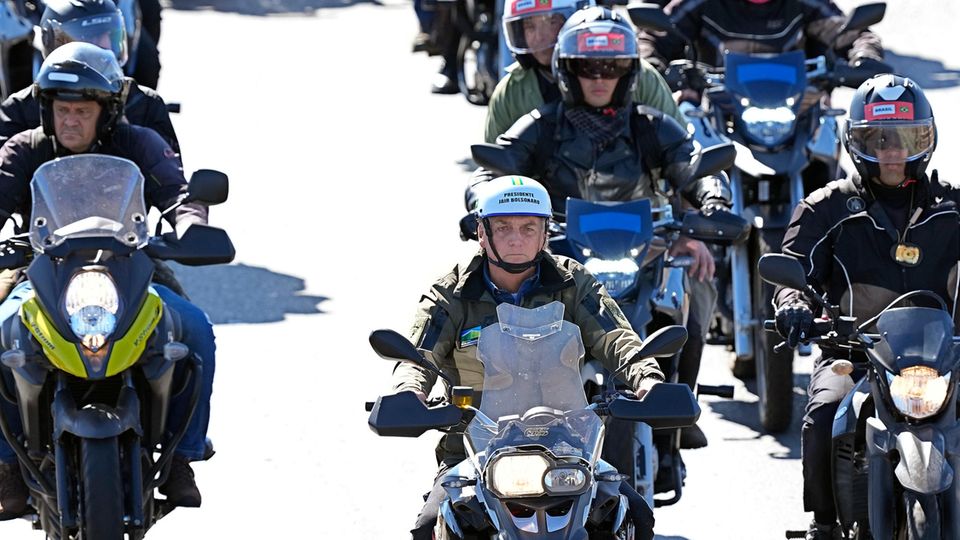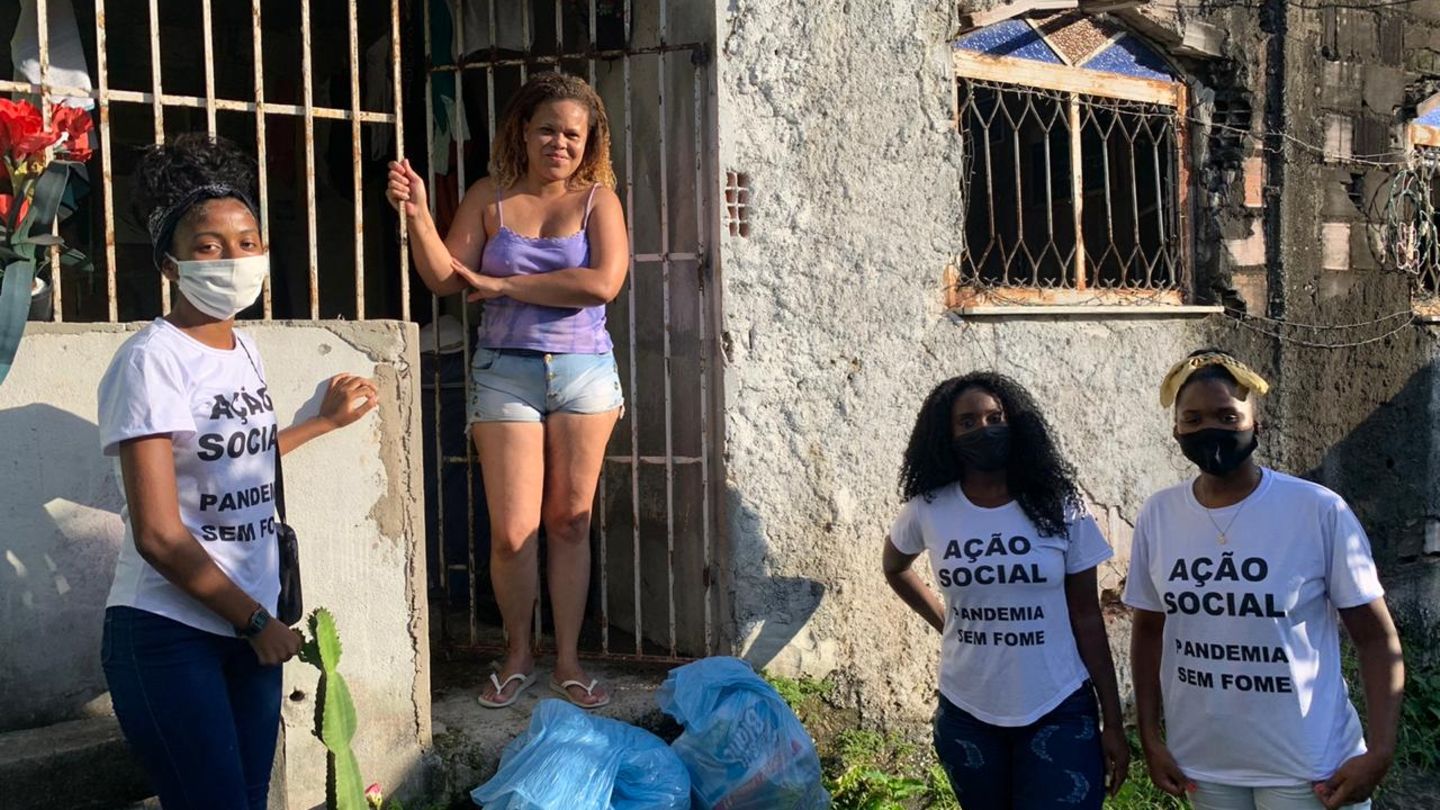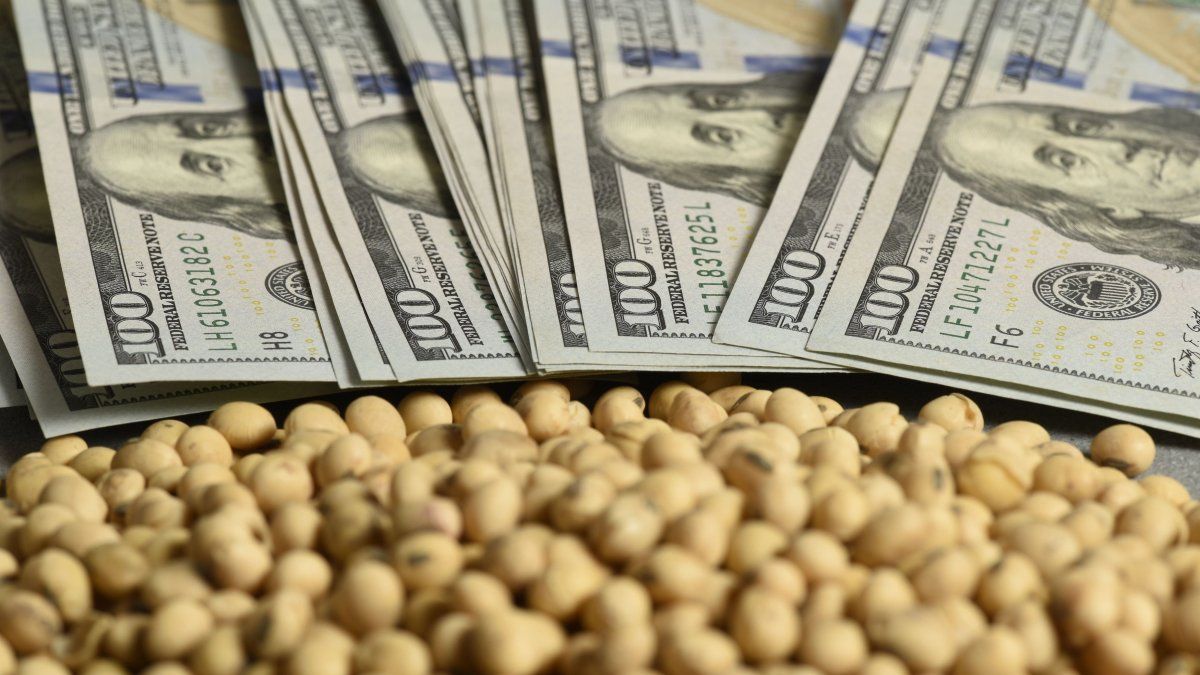More than half a million people have died of Covid-19 in Brazil so far, and the virus has brought many more people into poverty and need. A women’s action alliance helps with food or medication – even in neighborhoods that are dominated by drug gangs.
The emergency call is made in the middle of the night via a neighborhood group on Facebook: The premature babies Enzo and Miguel are without a mother, according to a post there. She is unconscious in the hospital with Covid-19. Your condition is serious. The grandmother looking after is penniless. The twins desperately need help.
It’s one of the many dramatic messages that Brazilians are currently receiving through feeds, posts, and local newspapers, even 18 months into the pandemic:
– A 16-year-old loses his parents and now has to look after his three younger siblings.
– Four siblings between the ages of one and eleven lose their young parents to Covid and are now orphans – like 113,000 other children in Brazil. According to the Lancet, an orphan is added every five minutes.
– A woman loses her father, mother and grandmother within a few days.
– After her mother’s Covid death, a 21-year-old has to look after two little brothers in addition to her own four children. Who can help?
Far too many who die far too young
More than 565,000 Brazilians have died of Covid-19 so far. Every day about 2000 victims are added, for several months now. In the near future, Brazil will be the country with the most corona deaths in the world, more victims than in the USA (633,000 dead) or India (430,000 dead). These are not numbers or cases, but the tragedies of people of all ages who die far too early.
The call for help for the twins ends with the question: “Does anyone have baby food or diapers? “
Two days later, three women from the aid group Pandemía Sem Fome (Pandemic Without Hunger) are standing with several plastic bags in front of the door of a small hut in Santa Paula, a poor district 50 kilometers north of Rio de Janeiro. They arrived on winding sandy roads and dark alleys, where they only met drug couriers on motorcycles.
There are areas where strangers are not welcome.
A small woman in a stained smock opens and introduces herself: Cristina Oliveira, 50 years old, the babies’ grandmother. She apologizes for the tightness of the hut and the dampness of the walls. She is unemployed, as is her daughter Estefany, 25, who is now in the hospital in the intensive care unit.
The helpers unpack several packs of diapers, dozens of cans of powdered milk, baby oil, rompers, blankets for the winter – everything that poor families in the neighborhood cannot afford.
“You are a gift from God, you are real angels ”, says Oliveira and begins to cry – and nobody who knows the needs in the Brazilian province will find such words pathetic.
Behind her, on the facade of the hut, the mortar is crumbling. A dark green sponge creeps over the stained walls. Emaciated street dogs whimper at the gate as if they too are calling for help.
Cristina Oliveira leads into her hut, a single room that is both kitchen and bedroom. Enzo and Miguel are lying on the bed in rompers, they are four weeks old. In addition, Alicia, 4 years old, Estefany’s daughter, is watching.
“This is Enzo, ”says Oliveira, pointing to the sleeping boy with the smaller head. “He’s rather calm. The other one here screaming so much is Miguel. Enzo was clinically dead shortly after birth, but the doctors rescued him. Both were born prematurely, more than a month. A few days later my daughter had severe pain all over her body when she was diagnosed with Covid-19. “
The rate of infections in Santa Paula is particularly high, says Oliveira, and she and all members of her family have been infected with the corona virus at least once. Hardly anyone in the neighborhood is vaccinated, only the elderly. Across Brazil, only 21.6 percent are fully vaccinated.
In February, President Jair Bolsonaro had rejected a generous offer from the vaccine manufacturer Pfizer for several million deliveries and made fun of corona vaccinations and “Weaklings ”of society. He refuses to have his own vaccination. Instead, he continues to praise the supposed miracle drug hydroxychloroquine. Now government officials have been caught stealing vaccine funds for themselves – a criminal act that could cost the president out of office.

At Bolsonaro it always seems like a personal mission: How do I best sabotage the world’s fight against Covid-19?
As normal life begins again in Europe and the USA, a fourth wave is raging in Brazil and many countries in South America. According to Fiocruz, the Robert Koch Institute in Brazil, there are currently 50 times as many cases as in Germany and 40 times as many deaths.
In the case of Estefany, many questions arise: Did the young mother have Covid-19 before she was born? Or in the hospital? Did the virus even cause premature birth? The doctors have no answer to that.
“It’s not about the time of the infection either, ”says Cristina Oliveira. “Only that my daughter stays alive. “
The young grandmother is a happy, God-fearing woman who forgets to eat because of her worries. But she speaks openly about her fate: her daughter Estefany has been in hospital with Covid-19 for a month. She is on a ventilator and is unconscious. The doctor calls every day and provides information about her condition.
Estefany recently heard an audio message on her cell phone, the doctor said. She heard the twins’ voices. She said nothing, but tears came to her. Oliveira wants to believe that.
Vicky, one of the Pandemía Sem Fome activists, encourages her: “Estefany is young. She will do it. We pray for them. “
But the women also know from their aid work during the pandemic: The young age is no guarantee of survival in Brazil, especially in this wave of the gamma variant – formerly P.1. A surprising number of young victims and children were among the dead. According to investigations by the non-governmental organization Vital Strategies, more than 2,200 Brazilian children have died of Covid-19 so far, including 900 under the age of five – ten times more than in the United States.
So far, there has been no monocausal explanation for Brazilian child mortality, analyzed the epidemiologists Peter Hotez and Albert I. Ko from Yale University, who are investigating the phenomenon. It could be due to the aggressive gamma variant that originated in the Amazon region. And a new variant from Peru – Lambda -, formerly called C. 37 or Andean variant.
“We have a lot of young victims around here, ”says Cristina Oliveira. “We just heard about the case of a six-month-old baby who died of the virus. The scientists once told us that toddlers can’t get the disease. But a week later all of this is already obsolete. “
She now tells the activists in detail about her daughter’s life, and it almost looks like an obituary: Estefany was “diarista “, day laborer. She cleaned for families “but in the pandemic cleaning women are no longer allowed into the house. She became unemployed over a year ago, like all of us. We are simple people, we live off day jobs. “
Oliveira is the one who has been looking after the twins and little Alicia for a month. The children’s father left Estefany for another woman during the pregnancy. He had left her for another woman during her first pregnancy. “Even now that the babies are so tiny and needy, he doesn’t take care of them, ”says Oliveira dejectedly.
Alicia now takes one of the twins, the delicate Miguel, in her arms and rocks him. “The little one finds it all difficult to understand, ”says Oliveira. “All she knows is that there is Covid and that many people die from it. She became very still. Take a look at them. “
The little one doesn’t look up. She is eagerly rocking her brother.
The helpers give Oliveira a few more tips and promise to bring more milk powder and diapers. They make their way home in the dark to their own slums in the greater Rio area – silent, moved, with tears in their eyes.
You have been doing the unskilled work for 16 months. They started distributing food in favelas, den “cesta básica “, sacks full of staple foods: rice, soybean oil, black beans, powdered milk. They distribute up to 200 bags at a time so that families in need have at least enough food in the midst of the crisis. “The biggest stress in life is not having food for your children, ”says Priscilla, one of the helpers. “I’ve seen it firsthand. “
According to the UN, the number of people with unsafe food in the pandemic rose by 318 million, to 2.38 billion. Strongest in Latin America – by 9 percent, to 40.9 percent.
You don’t give up
For the women of Pandemía Sem Fome it is no longer just about the distribution of the “cesta básica ”, but also targeted individual help: for the young mother without parents, for the twins without a mother, for the calls for help on social media. On the way back they received the next message: Covid is taking the father of a family in Araruama. The young widow is now without income.
The many dramas are depressing, but they want to persevere.
A week later they finally received good news: Estefany no longer needs artificial respiration. She can breathe independently again. If all goes well, she will soon be at home with her twins Enzo and Miguel.
David William is a talented author who has made a name for himself in the world of writing. He is a professional author who writes on a wide range of topics, from general interest to opinion news. David is currently working as a writer at 24 hours worlds where he brings his unique perspective and in-depth research to his articles, making them both informative and engaging.




